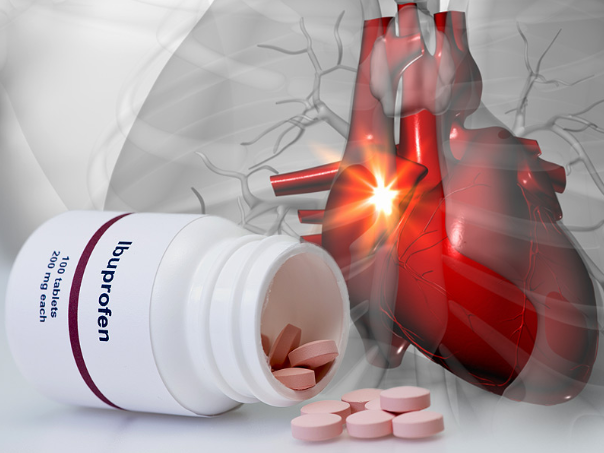Lowering your risk of heart disease is one of the most important things on which to focus. Most people with heart disease are symptom free and unaware they have a problem before they experience a potentially fatal event.
The most common suggestions are to quit smoking, get regular exercise, reduce stress and treat high blood pressure. Staying away from sugar, trans-fats and inflammation-causing foods is also essential. There are other less known factors that may extend your life.
This discussion will cover the topics of Sleep Apnea, Low Vitamin D Levels and Periodontal Disease and their direct roles in heart disease risk. These factors are entirely within your control.
Risk Factors Over Which You Have No Control:
- Blood type: Type A (+5%), Type B (+11%) and Type AB (+23%) show increased risk compared to Type O.
- Menopause prior to age 46; or surgical menopause with ovaries removed.
- Women who were physically abused as children have increased risks.
- 80% of heart attacks occur after age 65.
What You Can Affect:
- Untreated sleep apnea
- Vitamin D deficiency (below the healthy range of 50-100 ng/ml.)
- Periodontal disease
- High waist-to-hip ratio; excess abdominal fat
- Shift work increases heart attack risk by 23% due to interference with the body’s circadian rhythm.
- High red blood cell count
- Black-Americans have higher rates of high blood pressure, obesity, inactivity, diabetes, Sickle-cell anemia, Vitamin D deficiency and many other known risk factors leading to higher rates of heart attack and stroke compared to whites.
- Hispanic Americans are killed by cardiovascular disease more than all forms of cancer combined. Latinos are more likely than whites to be overweight or obese, diabetic and to be inactive. More preventative measures and education are required.
Diagnosing Sleep Apnea
Left untreated, sleep apnea can cause a number of health problems and can put you at an increased risk for: heart failure, arrhythmias, gastroesophageal reflux disease, type 2 diabetes, stroke and heart attack. If you think sleep apnea may be a problem, discuss it with your doctor or schedule an appointment with a sleep specialist immediately.
- Loud, chronic snoring (some with sleep apnea don’t snore, but it’s rare)
- Frequent pauses in breathing
- Tired, moody, depressed and/or irritable despite being in bed for eight hours
- Overweight or obese
- High blood pressure
- Wake up regularly with a headache
Vitamin D3 is a Top Priority
Vitamin D is too important to ignore. It is an essential steroid hormone that is made in the skin in response to sunlight. We suggest you use caution when taking vitamin D3 supplements in high doses. Taking too much at a time can lead to hypercalcemia and bone loss, which is why it’s imperative to have your blood tested regularly. It is now understood that Vitamin D plays an important role in every system of our bodies– without exception. Death by every cause is shown to decrease with optimal Vitamin D blood levels. Ask for the 25(OH)D test, which is the only test that will tell you if you’re getting adequate vitamin D.
Ideally, we should expose bare skin (no sunscreen) to direct mid-day sunlight at least three times per week– 10 to 20 minutes is plenty for light skinned people; darker skinned people need more time in the sun. This amount of exposure can make the equivalent of 10,000 iu. Vitamin D is made when UVB rays interact with the cholesterol in your skin, so don’t wash the exposed skin with soap within 24 hours post-exposure or you will wash off most of the vitamin D you just made.
Windows block UVB rays, so sun exposure through a window won’t make vitamin D. Instead, harmful UVA rays can penetrate windows, so avoid sitting near a window with the sun pouring in.
Important to Remember:
Since this is a fat soluble vitamin, always take Vitamin D supplements during a meal containing fish oil, grass-fed butter, flax oil, walnut oil, avocado or other high quality fat. Vitamin F (healthy fat) works together with vitamin D. Insufficient good fats in the diet may lead to hair loss, hives, eczema, edema, dry eyes, elevated blood pressure and cholesterol levels, dry skin, brittle nails, obesity and more. Supplementing vitamin D3 without consuming adequate good fats at the same time can make these problems worse!
Contraindications for D3 Supplementation
If your kidneys are impaired do not supplement with vitamin D3 without your doctor’s oversight. Healthy kidneys contain vitamin D receptors and play an essential role in converting it into its active form. But when kidneys fail this ability is lost and calcium and phosphorus levels in blood can become dangerously high.



